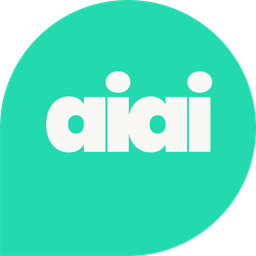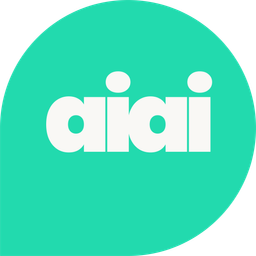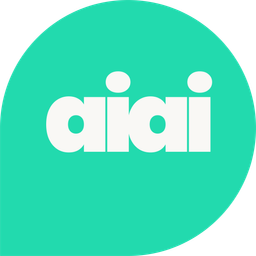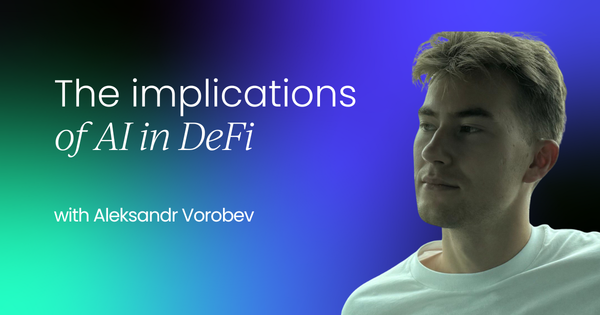The integration of AI with DeFi marks a notable shift in the ever-growing domain of fintech, as it has the potential to transform the realm of finance entirely. While AI enhances responsiveness and efficiency, DeFi has already begun changing the traditional financial system with its transparent, permissionless, and decentralized financial services.
This combination of AI and DeFi is more than just a technological advancement. It is a paradigm shift that will greatly redefine the consumption and delivery of financial services.
In this article, we will discuss the applications of AI in DeFi, actual emerging use cases, and the ethical and technical limitations that need to be solved in order to achieve the complete joint potential.
Understanding key concepts
To prepare for this investigation, it is critical to note the most basic components accompanying AI and DeFi. Those concepts are essential for understanding the importance of their merger.
- Decentralized Finance (DeFi): A sector of finance in a blockchain network that lacks central intermediaries like banks and other financial institutions. DeFi encompasses lending, borrowing, and trading offered via automated systems known as smart contracts.
- Smart contracts: Programs that are deployed on the blockchain and that allow transactions to be executed without intermediaries in a permissionless manner.
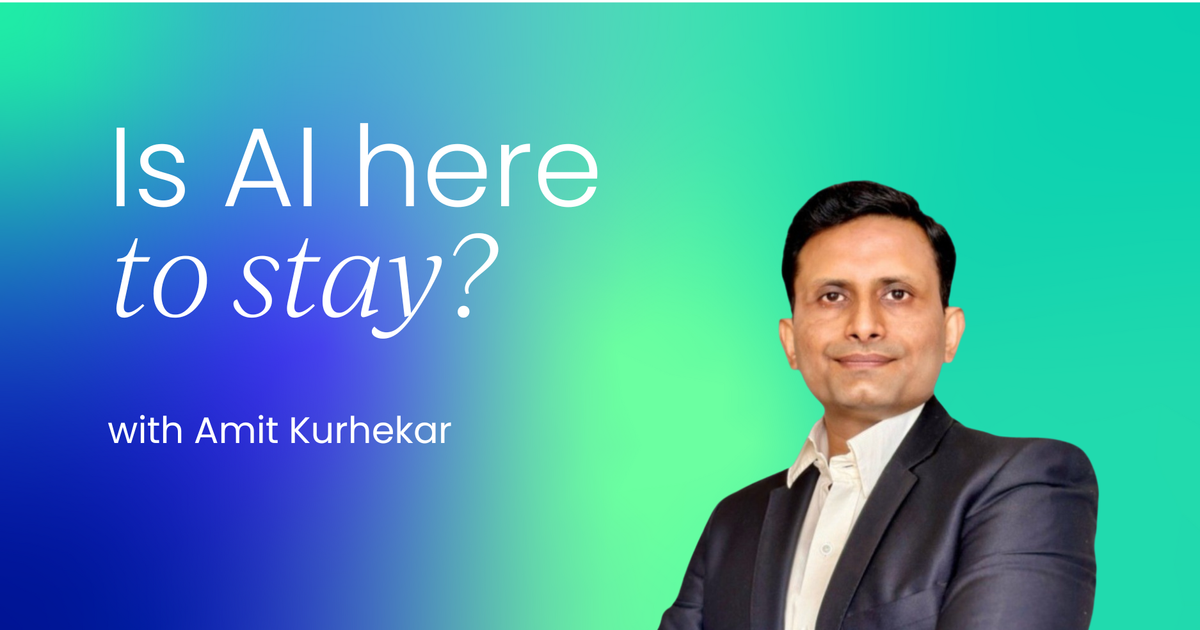
Enhancing efficiency and automation
By incorporating AI, the efficiency of decision-making and processes on DeFi platforms can be automated. For instance, AI bots are capable of autonomously completing sophisticated financial activities, like yield farming.
A good example is Genius Yield’s Smart Liquidity Vault, which dynamically analyzes liquidity markets and adjusts AI-driven positions in real time. This enables buoyancy providers to optimize returns with minimal manual handling.
Nevertheless, even the most recognized yield farming platforms lack AI technology. This gap within the industry provides an opportunity for AI to transform optimization yields. For instance, a pool of protocol-managed assets that has a value of hundreds of millions of dollars would gain enormous benefits from even a 1% increase in APR.
Furthermore, AI not only optimizes yield; it is also useful in elevating the security posture of DeFi. Looking at the volatile and permissionless nature of DeFi, AI could be essential in reinforcing risk identification mechanisms and predictive fortifications, improving trust and stability within the ecosystem.
Strengthening security measures
Security in DeFi is perhaps the most sensitive aspect, as an exploit of a single smart contract or hack of a single transaction could result in permanent financial damage.
This is where AI can offer one of the most powerful lines of defense. Machine learning models trained on past transaction data can now monitor sideways for real-time activity anomalies to avert fraud.
Even in the case of programmed auditing, AI can help automatically assess the smart contract code for possible weaknesses before deployment, in addition to finding issues traditional audits seldom discover.
In the example of AI helping bolster DeFi security, some real-world initiatives include AI-driven security threat predictions by Olympix and issue-spotting for smart contract bugs by Nethermind’s Audit Agent, which uses machine learning to automate the bug audit processes. QuillAI’s Shield also utilizes artificial intelligence to provide monitoring and threat detection designed specifically for DeFi applications.
As the DeFi domain becomes more sophisticated and valuable, integrating AI becomes not optional, but essential for enhancing automation and trust in the framework of decentralized finance.
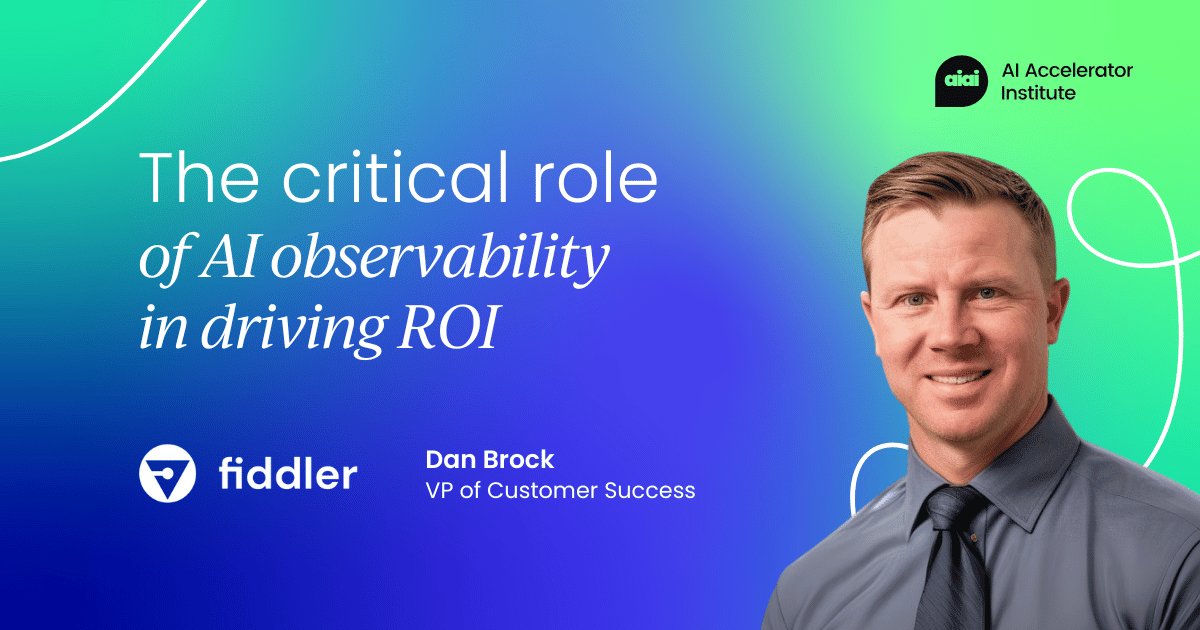
AI-powered trading agents and portfolio automation
The development of AI trading agents: intelligent systems capable of automatic trades and portfolio management based on individual preferences marks one of the most thrilling milestones in the world of DeFi.
This transformation provides increased automation while also improving precision and responsiveness to market changes for users. Custom price monitoring, portfolio maintenance, and other manual tasks no longer need to be undertaken by the investors. Through real-time data analysis, AI agents can detect opportunities and act instantly, optimizing results for the varying market conditions.
Moreover, Heron Finance is among the first SEC-registered blockchain-based robo-advisors, making it a notable example. Utilizing advanced AI for regulatory-compliant autonomous management of private credit investments allows Heron Finance to bring sophisticated asset management technologies to the decentralized finance space.
The EU Whitepaper suggests that the aim of these types of frameworks is to enable proactive interaction with smart contracts and protocols, allowing tailored and flexible solutions with guided interfaces for DeFi investment. Such innovations reduce the entry barrier and expand advanced financial techniques to wider demographics, which is a large stride towards the democratization of wealth management in the era of decentralization.
Why blockchain is a natural home for AI
On a different note, the blockchain ecosystem provides the most effective advantage for the construction and implementation of AI systems. Arguably, the strongest feature is transparency, where all transactions and interactions within a blockchain are kept in record forever and open to the public.
Thus, AI models can be trained on structured, vast, and verifiable datasets without needing private data sandboxes or intricate setups.
Furthermore, the permissionless characteristic of the blockchain permits AI agents to engage with smart contracts and dApps directly without the need for approval from centralized entities. This effortless interaction enhances the formation of intelligent agents capable of executing cross-platform actions like real-time trade optimization, portfolio management, and arbitrage execution.
Other advantages include trustworthiness and precision of data. Blockchain data offers standardized and time-stamped data, which guarantees no inconsistency and provides AI systems with refinement. Such conditions are crucial for the reliability and efficiency of machine learning models.
All these features create a ripe setting for AI to flourish, providing automation, intelligence, and confidence within a financial system. As the application of AI to DeFi evolves, blockchain technology does not merely support; it strengthens the AI application by serving as a decentralized spine that provides transparency, verifiability, and inclusivity.
Ethical implications and the human element
Allowing AI algorithms to govern important actions in DeFi also raises questions of ethics. A fully automated finance system has the potential to “black box” decision-making, which can diminish user confidence as well as trust from regulators. For example, access to a loan-ai-locked and liquidity pool mismanaged by AI creates illogical systems that are impossible to audit.
Policy responsible decisions, automated self-government, and social actors may even lack proper human intelligence when the risks spike., Heuristic automation in algorithms demands ethical scrutiny, expanding beyond equity while enabling a bare minimum of compliance with decentralization.
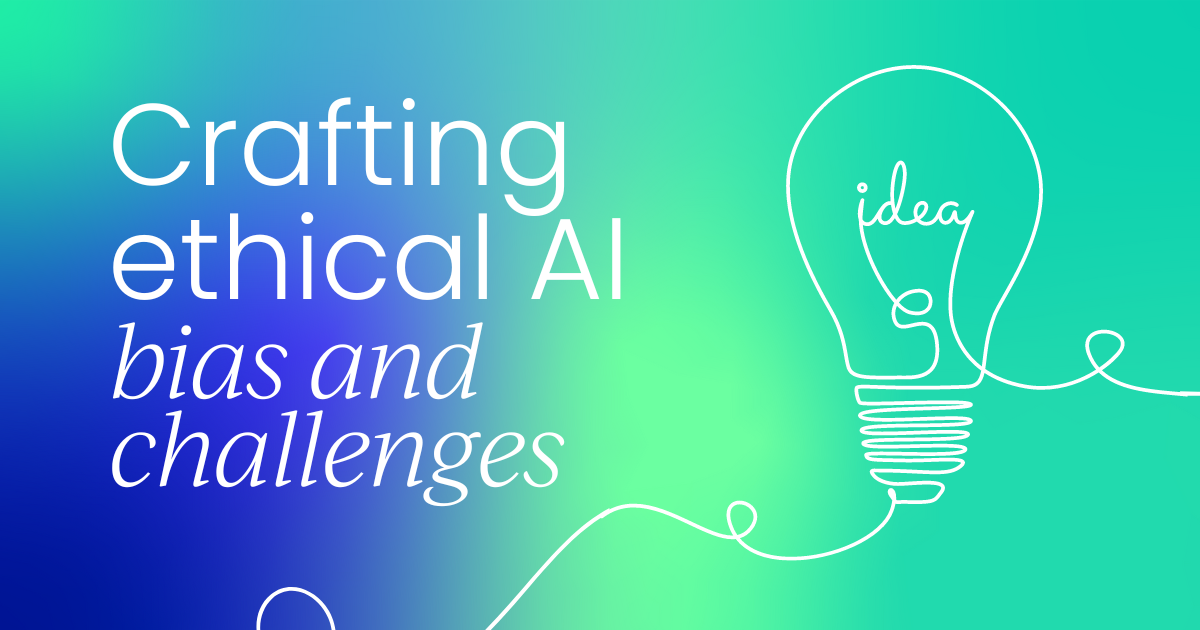
Navigating the future of AI in DeFi
Integrating AI with DeFi systems is not only a promising advancement but an undeniable necessity in finance as we know it: smart, self-governed, and inclusive. AI has the capability of taking decentralized systems to new heights, from maximizing user returns to protecting platforms from fraud.
The future certainly requires smart governance; however, users, developers, and regulators need to converge to address the emerging technical, ethical, and operational issues.
There will most likely be automated AI systems built into the DeFi ecosystem that operate responsibly and transparently. The focus must shift from whether AI can disrupt DeFi to how soon we can build the infrastructure, context, and trust needed to reliably sustain the disruption.
Additionally, the merger of DeFi and AI is not merely an enhancement to the technological backbone of finance; it is a transformational shift in what financial ecosystems could look like in a digital world. AI provides flexibility, precision, and mechanization while DeFi provides transparency, resilience, and trustlessness. Therefore, in unison, they enhance the ability to democratize finance, curb inefficiencies, and unlock unprecedented value creation opportunities.
At the same time, these changes must be approached with a balance of design and governance, accountability, and responsibility. While these two will continue to advance in parallel, the true challenge will not be how they are combined, but how equitable, transparent, and accessible this combination is for everyone.



 Follow us on LinkedIn
Follow us on LinkedIn